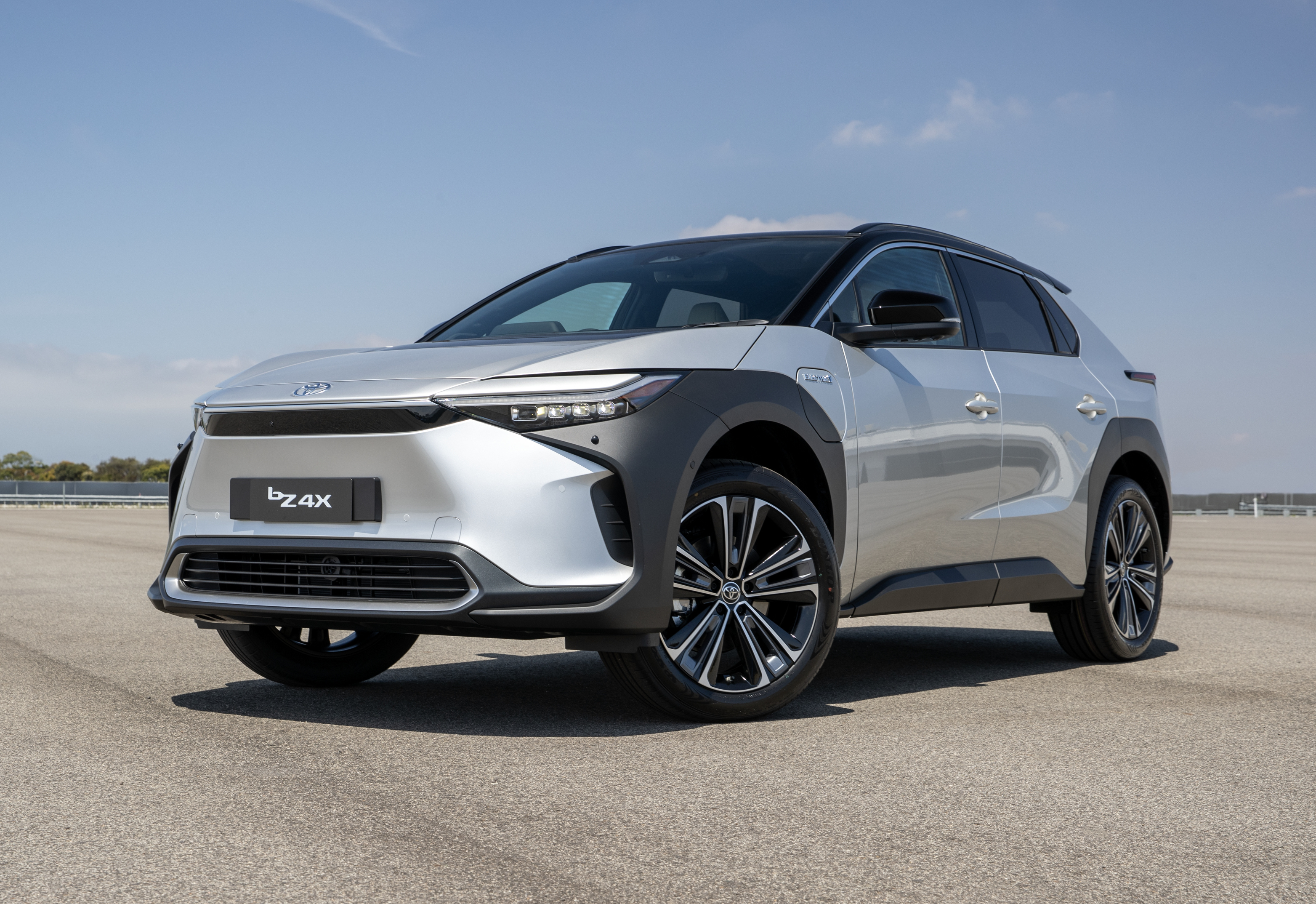Toyota Australia has announced it will launch at least three electric vehicles by 2027.
Snapshot
- 2024 Toyota BZ4x electric SUV due later this year
- Three battery-electric vehicles confirmed for Australia by 2027
- More than 50 per cent of sales to be electrified in 2025; hybrid as important as ever
It will be kickstarted by the 2024 Toyota bZ4X electric SUV set to arrive before the end of the year, following delays.
The mid-size SUV – similar in length to a RAV4, but with a Kluger-sized wheelbase – is expected to command a significant premium over Australia’s best-selling SUV, the RAV4.
Pricing is still to be confirmed, but in conversations with media today including Wheels Media, Toyota Australia’s vice president for sales and marketing, Sean Hanley, was abundantly clear on what buyers should expect: Expensive.
“Battery electric cars are expensive. Don’t kid yourself. They are expensive to build. If you want the quality, safety, performance [and] range, they are expensive… lithium prices have gone through the roof,” he said.
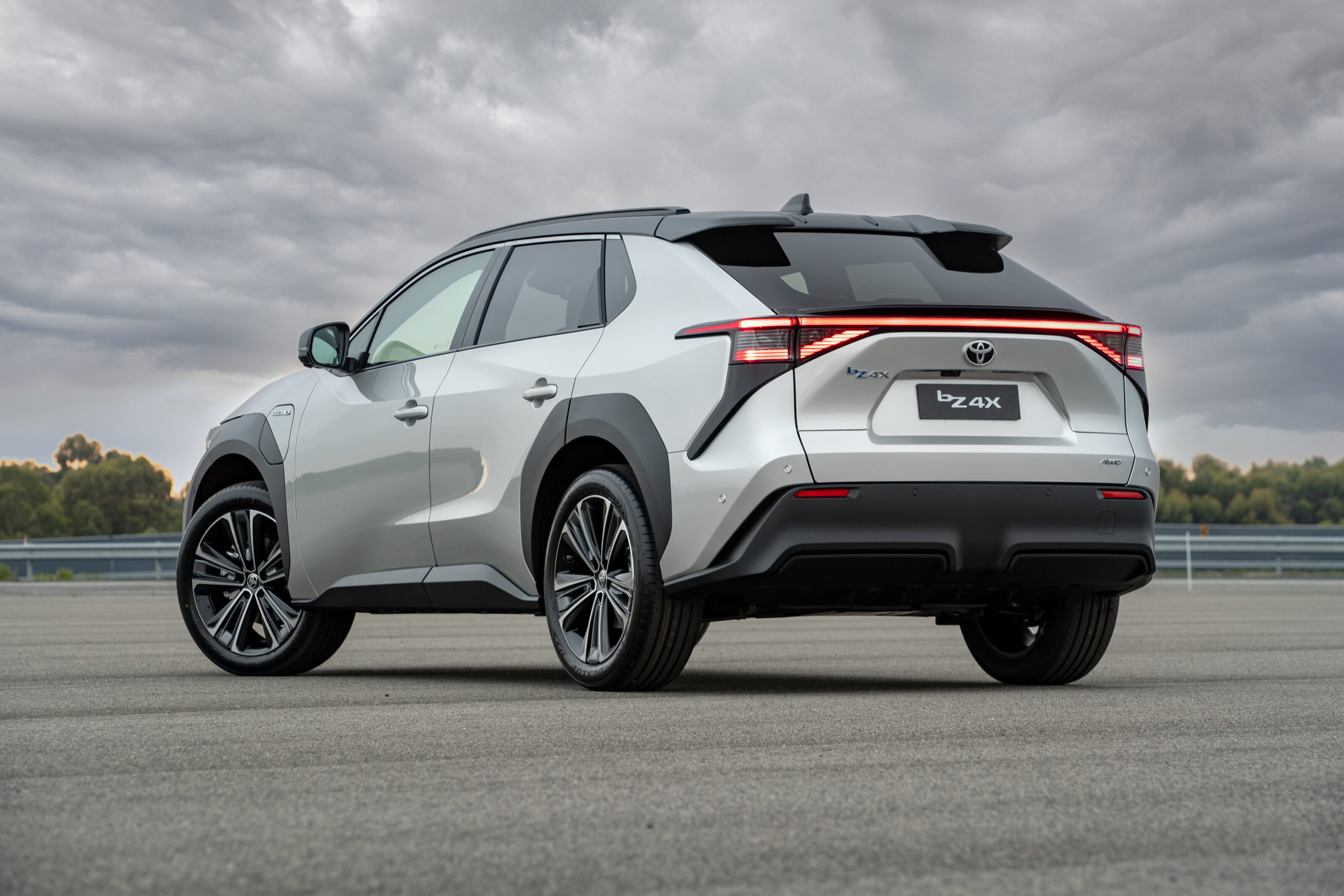
“I’ve always said that this car will not be a cheap car, but as we go forward, as hybrids did over the 22 years, and as [we] scale up, EVs will come down in price.”
The bZ4x will compete against the Tesla Model Y and Volkswagen ID.4, with an expected price tag between $60,000 and $80,000.
When asked by Wheels if the unique selling point for the bZ4X will be driven more by the tried and trusted Toyota badge than any specific feature of the car, Hanley agreed.
“Trust and reliability, that’s all that counts here.”
While the bZ4X was expected to launch in mid-2023 – around the same time as its Subaru Solterra identical twin – it has been pushed back to the end of the year to “secure supply and the latest [specification].”
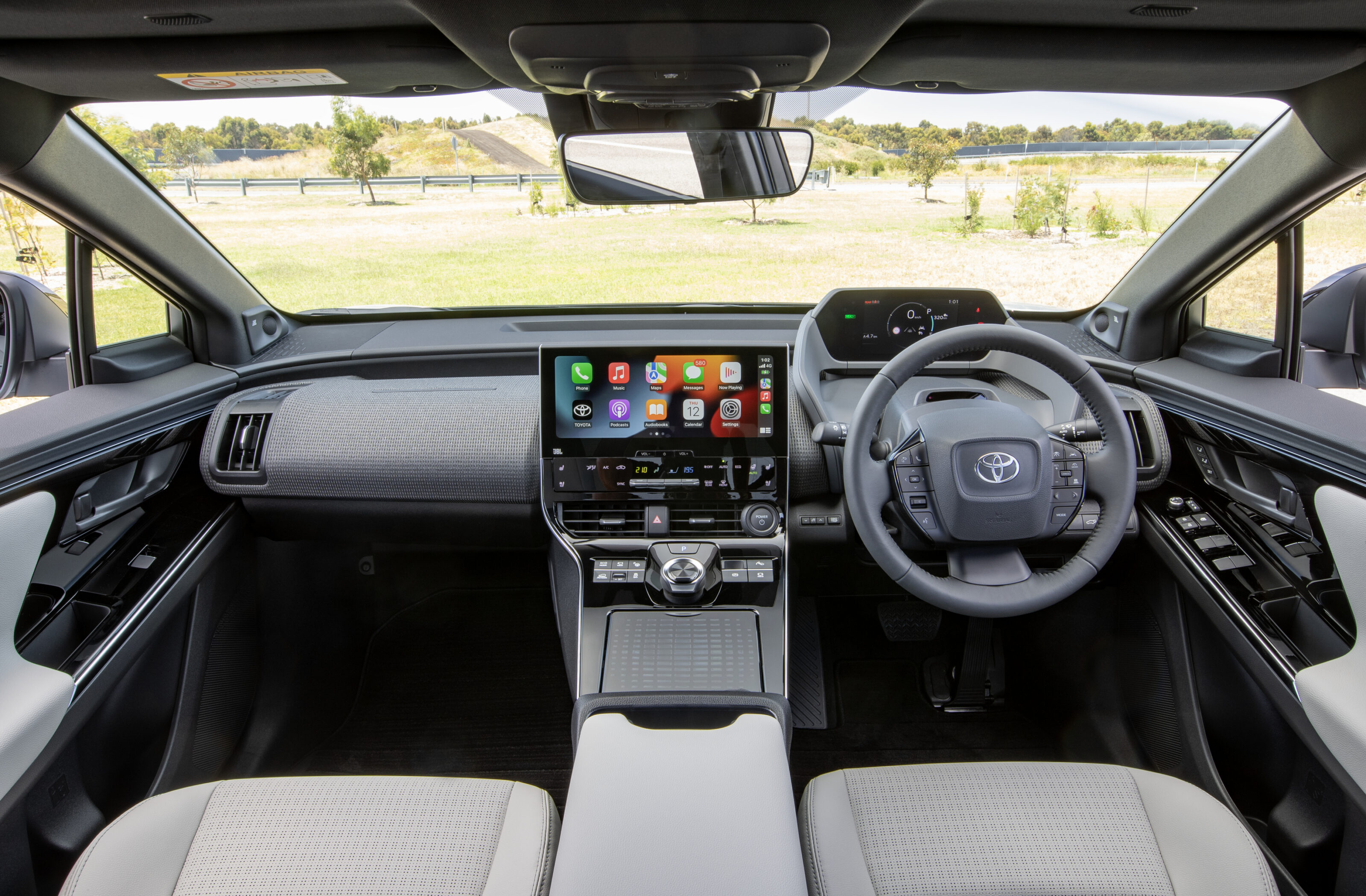
What’s next?
Following the bZ4X, Toyota Australia is tipped to confirm the production version of the BZ Compact SUV concept for our market, and another electric vehicle due within the next three years.
“What these futuristic cars demonstrate is that Toyota is not just developing EVs; we’re focused on offering cars with stylish design, leading technology and dynamic performance,” added Hanley.
However, the transition to battery-electric vehicles for Toyota Australia will be slow and gradual, with a continued focus on all electrified options.
This includes petrol-electric hybrid models – and likely diesel-powered hybrid commercial vehicles by 2030.
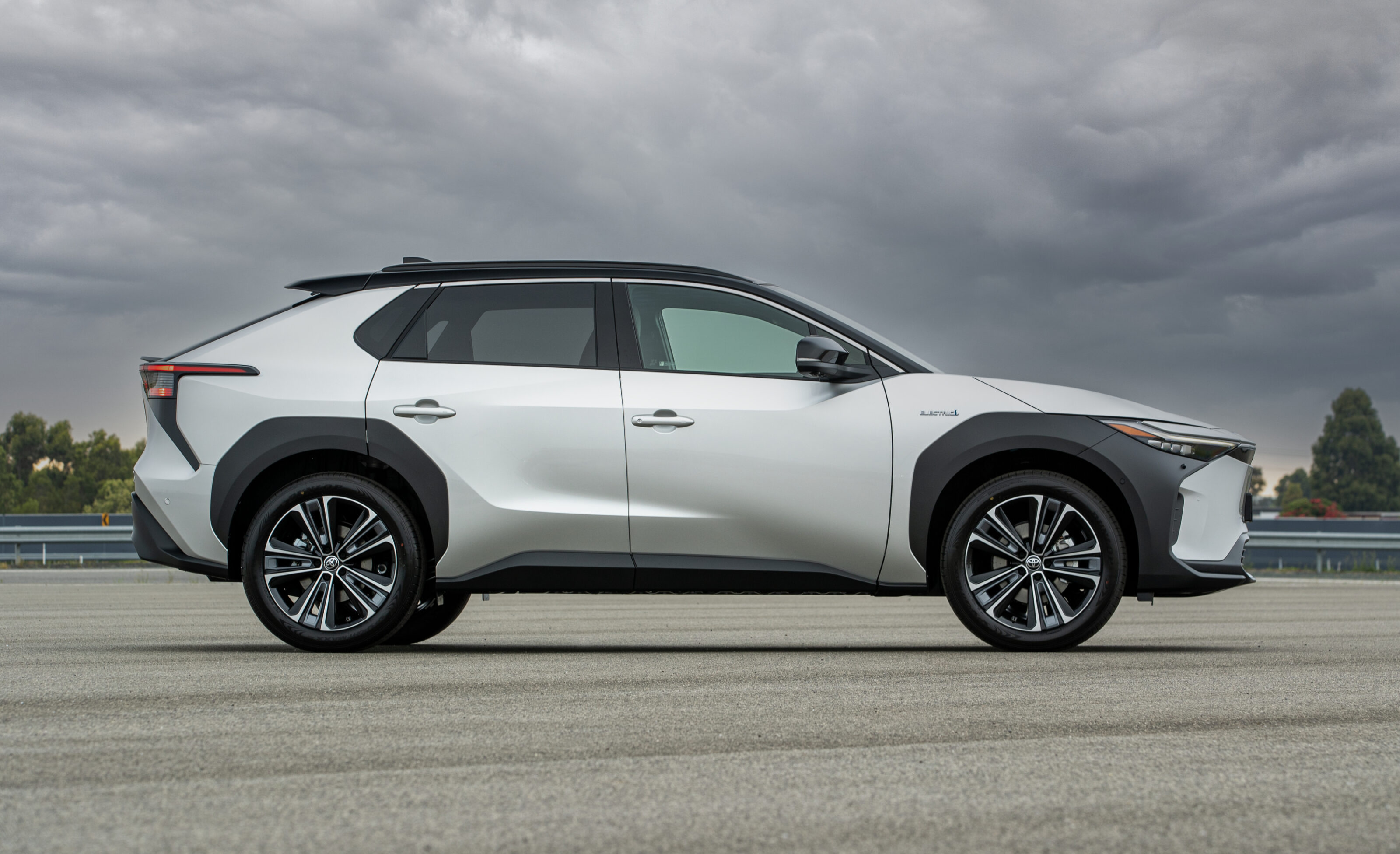
Toyota Australia forecasts more than half of its sales will be electrified by 2025, but – although no breakdown was offered with that forecast – this is expected to be made up mostly of hybrid options for popular vehicles, such as the RAV4, Corolla, Corolla Cross, Kluger, Camry and Yaris Cross.
In 2022, hybrid vehicles accounted for 31.5 per cent of Toyota Australia’s sales – 72,815 of 231,050 registrations – with that number expected to rise this year, despite lengthy wait times.
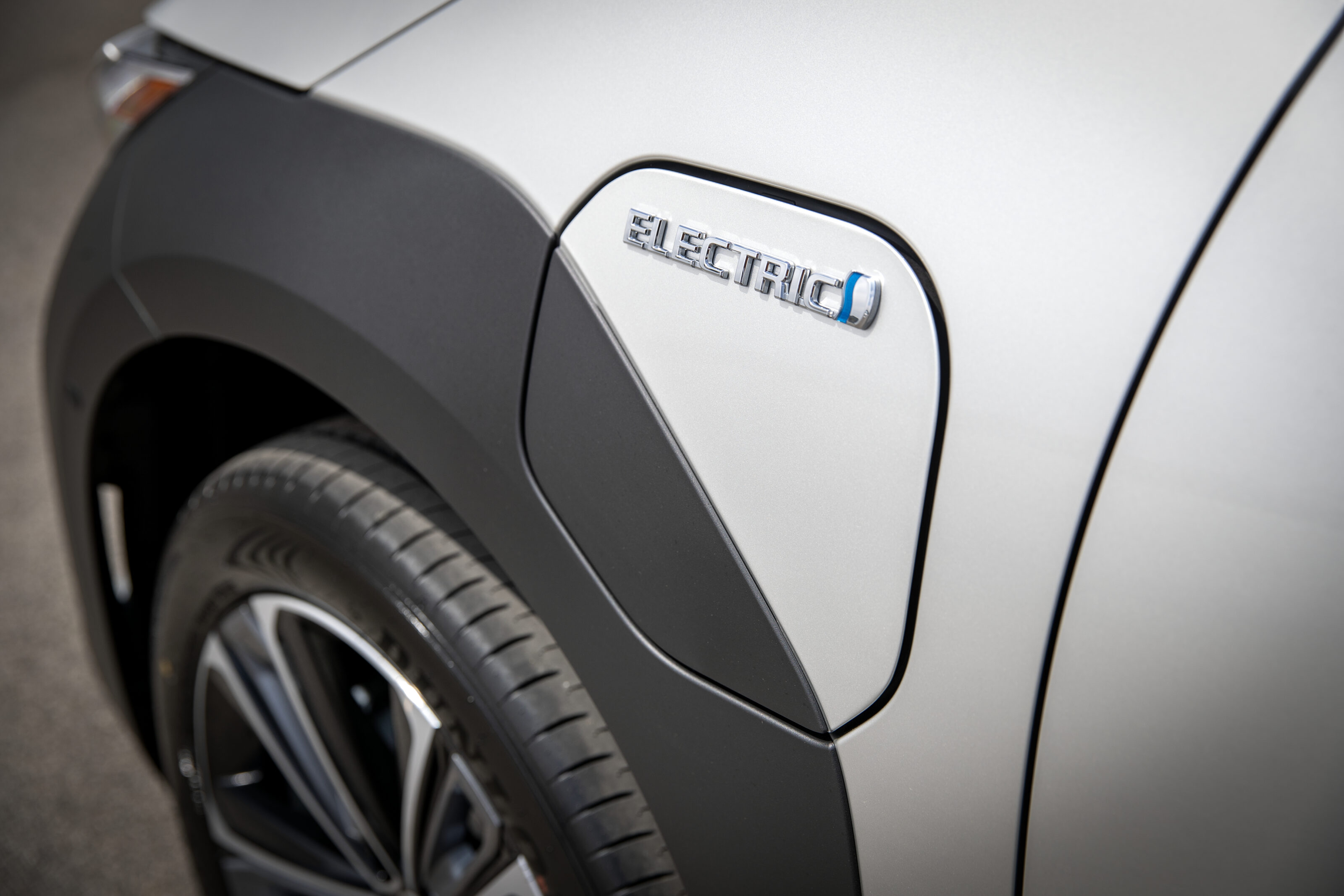
“I mean, any statistician would look at that and go, well, why would you stop that right now? Why would you do that when the alternative, even in your own line-up, is going to [potentially] double the price?” said Hanley.
As previously announced, Toyota Australia plans to offer an electrified version of every model in its range by 2030 – including HiLux, LandCruiser and HiAce – but not GR performance cars.
The first electrified commercial vehicle to be offered by Toyota in Australia will be the Tundra full-size ute, which is expected next year if the right-hand drive conversion project proves successful.
We recommend
-
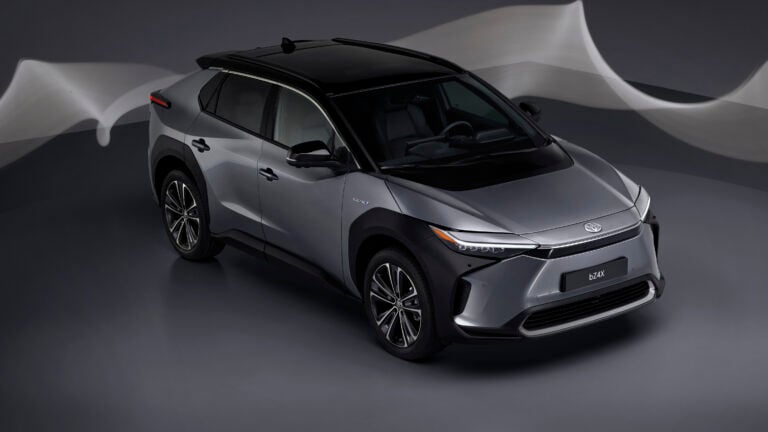 News
NewsToyota remains tight-lipped on initial BZ4x supply, but more will find homes than original Prius
Toyota Australia is gearing up for its first ever battery EV launch with more allocation information to come
-
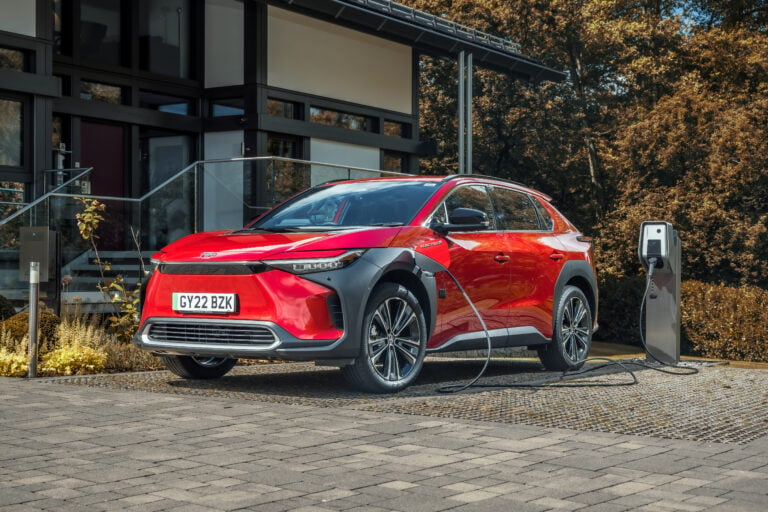 News
NewsToyota BZ4x and Subaru Solterra resume production with fix to stop wheels falling off
The jointly-developed Toyota and Subaru electric SUV twins have restarted production, after a recall – and buy-back option – surrounding the risk of their wheels falling off
-
 News
NewsToyota BZ4X electric SUV: Everything we know
Toyota's new electric SUV is finally official, after a near-production concept was revealed in June

